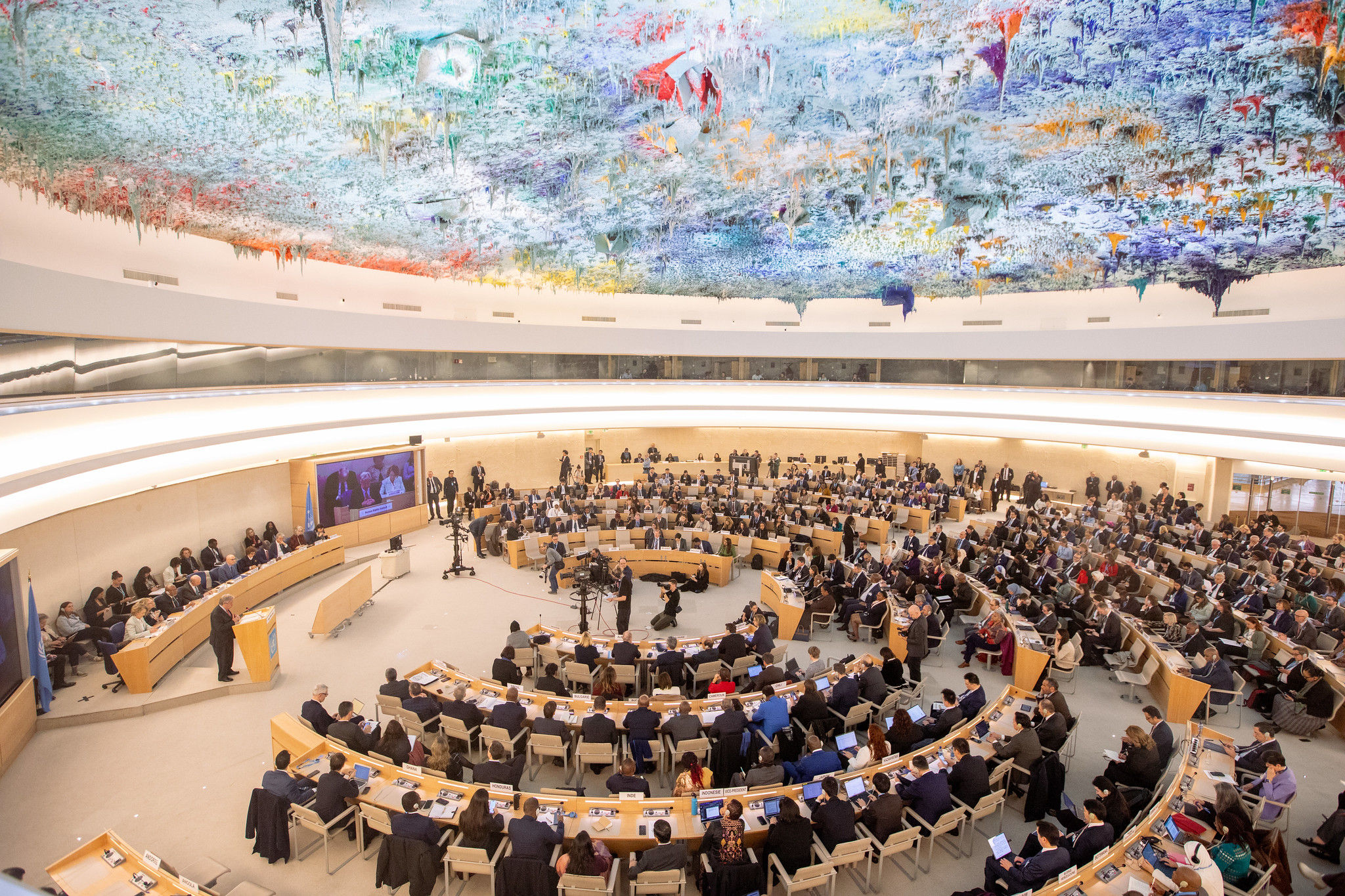United Nations Human Rights Council
59th Regular Session
Agenda Item 2
Oral statement of the International Commission of Jurists (ICJ) in the Interactive Dialogue on the High Commissioner’s Annual Report
17 June 2025
High Commissioner,
The International Commission of Jurists (ICJ) thanks you for your report and address today. We particularly share your concerns regarding the unconscionable sanctions against the International Criminal Court. These occur in the context of widespread attacks on the rule of law and independent justice systems globally. We are equally concerned that refusal of certain UN Members States to pay their dues and meet their international cooperation obligations has exacerbated the financial crisis that is undermining the Human Rights Pillar, which is in dire need of strengthening, not weakening.
Regarding Sri Lanka, sixteen years after the end of the armed conflict, impunity remains entrenched. Despite a new government, no meaningful progress has been made on justice or accountability. The recent discovery of 19 human remains, including an infant, in the Chemmani mass grave highlights the urgent need for international forensic oversight. Widespread land grabs by government departments using colonial era legislation, and unwarranted surveillance in violation of fundamental freedoms persist, while families of the disappeared have protested for over 3,000 days without answers. Repressive laws like the Online Safety Act and PTA serve to restrict civic space in contravention of international human rights law.
The ICJ urges you, High Commissioner, to use your upcoming visit to advance concrete international accountability measures and we call for the renewal of both the OHCHR’s mandate and the Sri Lanka Accountability Project at the 60th session.
The ICJ welcomes OHCHR’s assistance to the Libyan authorities in drafting a law on transitional justice. Recent developments, such as the leaked video depicting forcibly disappeared member of parliament, Ibrahim Al-Dersi, shackled, barely dressed, with signs of torture; the escalation of hostilities between armed groups in Tripoli; and the discovery of 67 unidentified bodies at the Abu Salim and Al-Khadra hospitals, underscore Libya’s dire need to bring truth and accountability for victims’ families.
However, as the adoption of the OHCHR-supported draft law has stalled, the ICJ urges this Council to establish an international mechanism for Libya at its next session to fill the persisting accountability gap in the country.
Statement delivered by: Santiago Canton, Secretary General, ICJ
For more information, contact: Sandra EPAL-RATJEN – Email: Sandra.epal@icj.org
Download
The full ICJ statements is available for download here.
Watch





